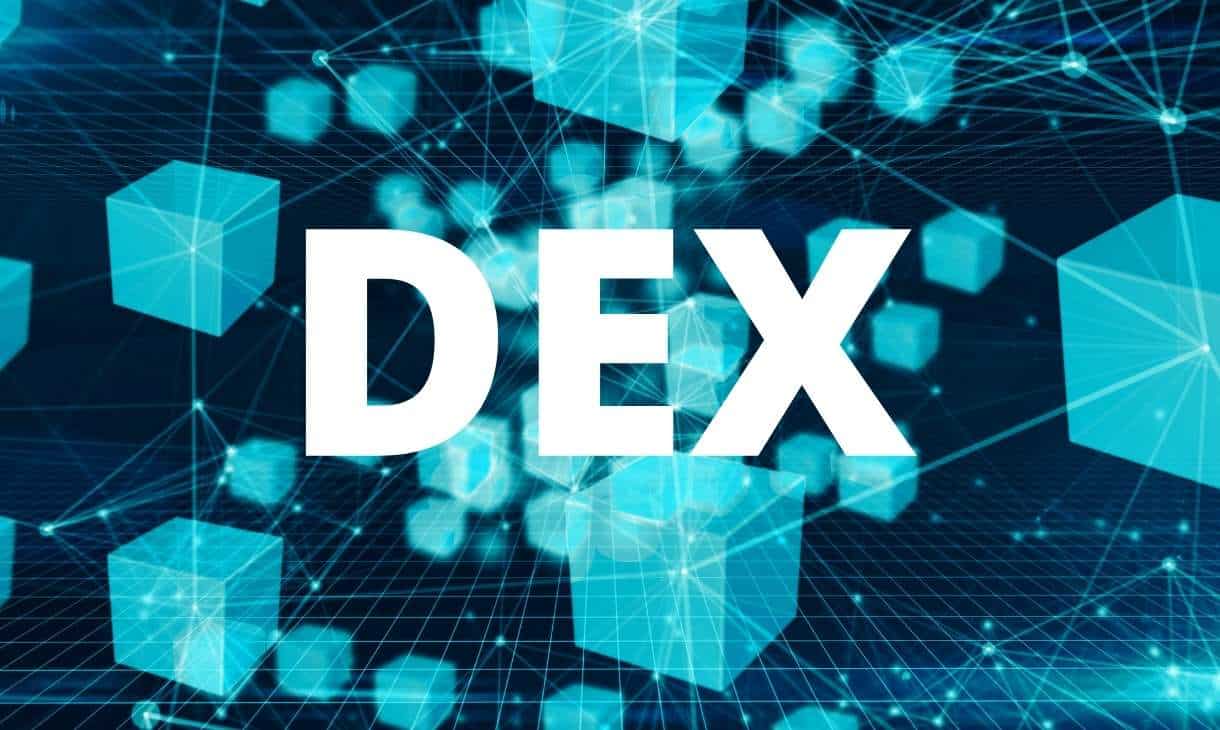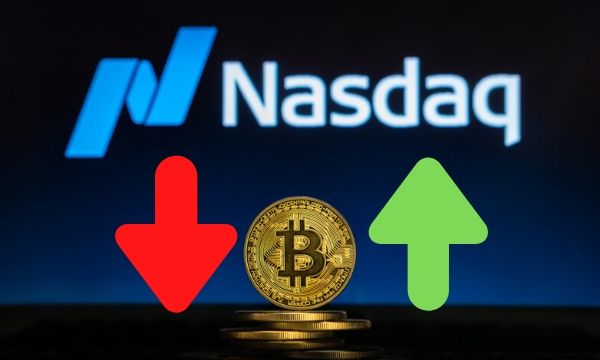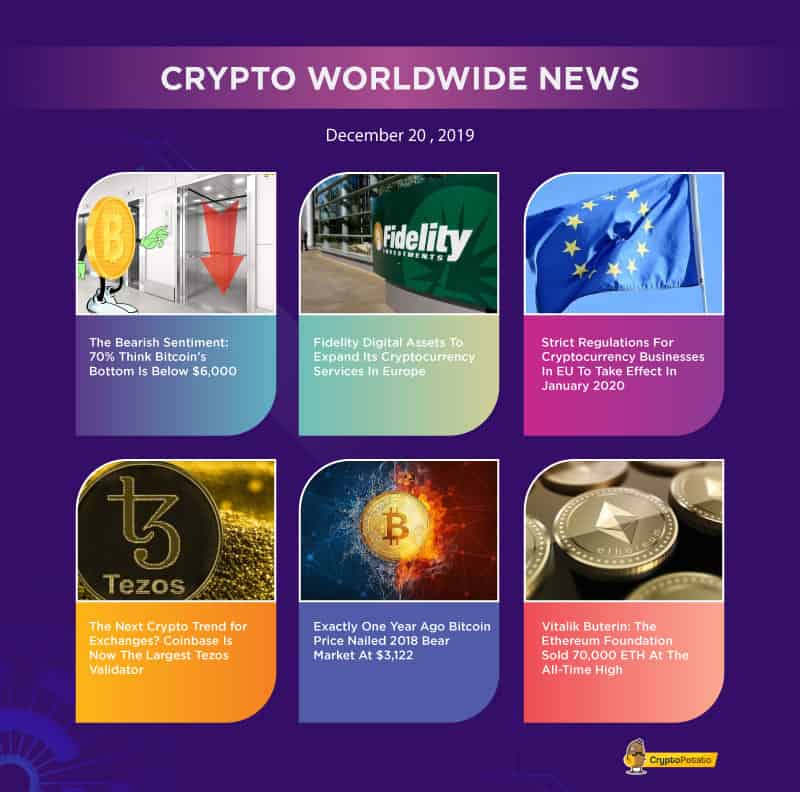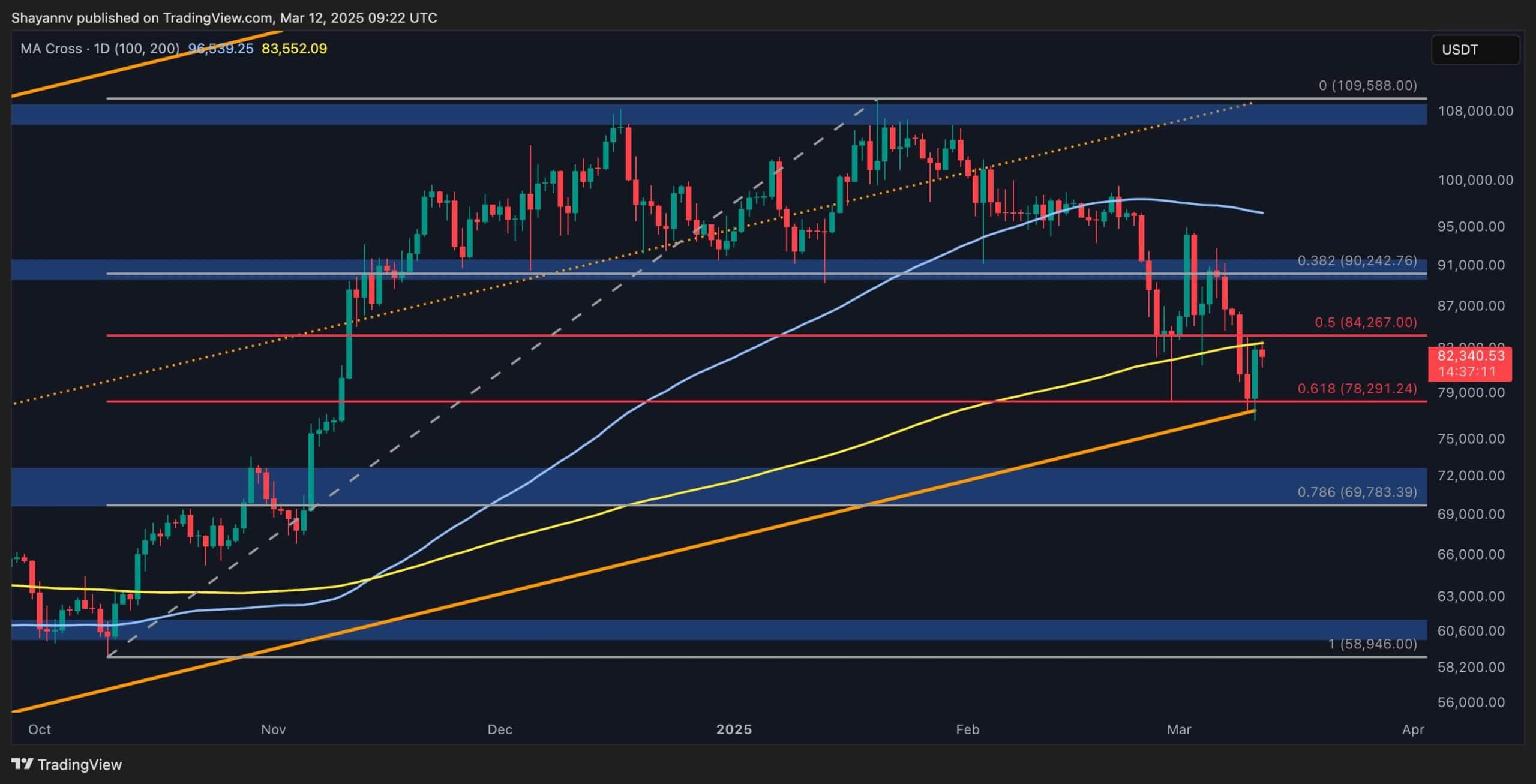London Gold Association (LBMA) To Track Gold Movement Via Blockchain
TL;DR
- London Bullion Market Association (LBMA) recently attempted to find a way to make the movement of gold more transparent and modernized.
- The use of blockchain technology presented itself as one possible solution, with 26 companies contacting the Association regarding possible cooperation.
- Instead of choosing a company to work with, the LBMA will create a set of standards that service providers have to meet to become qualified for consultation.
The continuous embracing of blockchain technology has found yet another big use case in an attempt to solve real-world problems. This time, the new use case includes plans for tracking the movement of gold via blockchain.
The idea came from the LBMA (London Bullion Market Association), which aims to improve and modernize transparency in the industry. After going through an approval process, various companies will be able to track the movement of gold through the use of blockchain technology.
Gold that is mined illegally, or used for financing conflicts will be excluded from the plan.
Tracking gold via blockchain
The plan was initially created due to reports of US refinery accepting large amounts of smuggled gold. This was reported last year, with claims that the billions of dollars’ worth of gold came to the US from South America.
Following these reports, LBMA asked for proposals on gold tracking, as well as methods of preventing forgery. The problem was presented to 144 LBMA members, who represent most of the largest banks, gold refiners, and dealers in the world.
While considering different methods of solving the issue, LBMA members pointed out that multiple other sectors started using blockchain for its various use cases. Some of them include tracking shipments, as well as quick transaction processing, and the ability to store and share vast quantities of data.
Blockchain’s potential for improving the shipping industry immediately stood out, especially after reports of IBM partnering up with a shipping firm Maersk for this exact purpose. Additionally, several diamond firms such as De Beers already started using this technology for tracking their products.
After deciding to explore the use of blockchain, the LBMA received up to 26 offers from various companies, including startups and large, established firms alike. Sakhila Mirza, the executive board director at LBMA, did not name any of the companies that contacted the Association. However, sources familiar with the process stated that one of the firms is IBM itself. IBM has yet to comment on this report.
Companies will have to meet a set of standards to qualify for collaboration
According to Mirza, LBMA will likely not endorse any particular firm. Instead, the Association plans to create a set of rules that will be applied to technology providers. That way, it will be criteria that decide which companies are to be employed for their blockchain solutions.
The Association was searching through proposals for several reasons. While it is essential to be able to track gold from mines, bank vaults, jewelry shops, and alike — it also needs robust security features that will be able to prevent forgery.
It should also be noted that the LBMA did not insist on using blockchain technology. However, most of the responses seem to indicate that tracking the supply chain is the biggest concern, one that can be resolved relatively easily with blockchain.
For now, the LBMA has to prepare a first draft of the standards that would help decide which companies should be consulted regarding the use of blockchain. The draft is expected to be ready during the first half of 2019. The process of approving these companies, however, is not likely to start until later in 2019.
The post London Gold Association (LBMA) To Track Gold Movement Via Blockchain appeared first on CryptoPotato.









